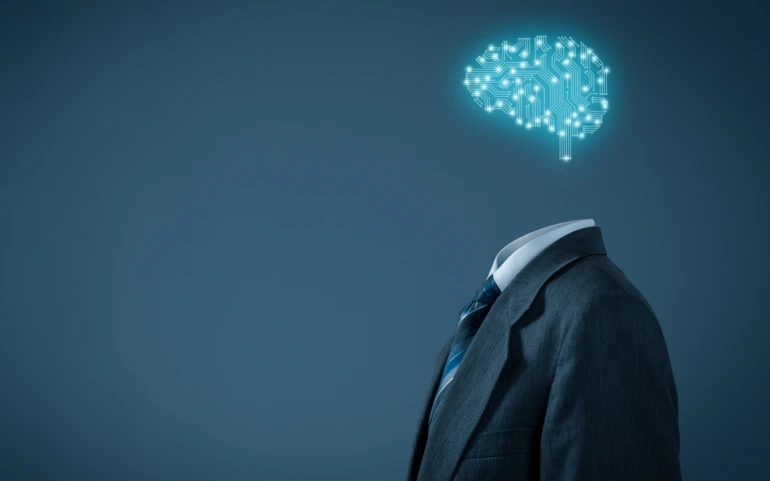
Artificial Intelligence (AI) has taken the world by storm since the launch of ChatGPT last November, and its impact on businesses of all industries has been massive.
The tech is gripping Silicon Valley and has set off a so-called AI arms race, with tech giants like Microsoft, Google and Meta investing big to create their own AI systems, services and products.
While AI may still have limitations, today its use cases extend across industries. Whether it’s analysing vast amounts of data, making intelligent decisions, or automating complex processes, AI has revolutionised the way businesses operate.
In this Emerge5, we will explore five game-changing AI applications at the forefront of this enterprise revolution..
Automated Customer Support
Customer support is a critical aspect of any business, but it can also be resource-intensive. AI has revolutionised customer support by introducing virtual assistants and chatbots capable of handling a wide range of customer inquiries accurately and efficiently.
These AI-powered assistants, like ChatGPT, can understand and respond to customer queries in real-time, providing personalised assistance and resolving common issues. By automating customer support processes, enterprises can enhance efficiency, reduce response times, and deliver exceptional customer experiences around the clock.
AI-powered Data Analytics
In today's data-driven world, businesses are generating massive amounts of information. But, while data is the fuel of modern enterprise operations, extracting actionable insights from vast datasets can be a daunting task for businesses of all sizes. Traditional methods of data analysis often require significant time and resources, as well as a deep understanding of statistical techniques. AI-powered analytics tools automate this process, significantly reducing the time and effort required to derive meaningful insights from data.
These tools can sift through these large amounts of data, uncovering valuable patterns, trends, and insights that can inform business strategies. From predictive analytics for sales forecasting to sentiment analysis for customer feedback, AI-driven data analytics is helping enterprises make informed decisions and gain a competitive edge.
Robotic Process Automation (RPA)
Another key use case for AI is Robotic Process Automation (RPA), which combines AI with robotic technology to automate repetitive, rule-based tasks. By mimicking human interactions with digital systems, RPA software can handle mundane tasks such as data entry, report generation, and invoice processing.
This technology frees human employees to focus on more strategic and value-added activities. By automating routine tasks, RPA also helps reduce errors and improve accuracy. Humans are prone to mistakes, especially when handling repetitive tasks that can lead to fatigue or boredom. RPA software, on the other hand, can consistently execute tasks with a high level of precision, minimizing the risk of errors and resulting in improved data quality and process accuracy. RPA not only improves efficiency but also reduces errors and lowers operational costs, making it an invaluable tool for business operations.
Predictive Maintenance and Quality Control
In industries where equipment maintenance and product quality are crucial, AI-driven predictive maintenance and quality control systems have proven game-changing. By analysing sensor data, historical records, and other relevant factors, AI algorithms can predict when equipment is likely to fail or when product quality might deviate from standards.
This proactive approach allows enterprises to schedule maintenance activities in advance, preventing costly breakdowns and ensuring optimal performance. AI-powered quality control systems can also identify defects, anomalies, or deviations during the manufacturing process, reducing waste and improving overall product quality.
Intelligent Recruitment and HR Management
The recruitment and human resources (HR) functions of businesses can greatly benefit from AI applications. AI-powered recruitment platforms can automate the screening and selection process, saving time and resources for HR departments. AI-powered recruitment platforms leverage machine learning algorithms to automate and enhance the screening and selection process. Traditional recruitment methods often involve manual resume screening, which can be time-consuming and prone to biases. AI algorithms can analyze resumes, CVs, and application forms to identify relevant skills, qualifications, and experience, matching candidates with job requirements. This not only saves time but also improves the accuracy and efficiency of candidate shortlisting.
AI can also assist with employee retention by analysing various data points such as employee sentiment, performance, and engagement levels. This information can help HR professionals identify potential issues and implement strategies to improve employee satisfaction and retention rates.

